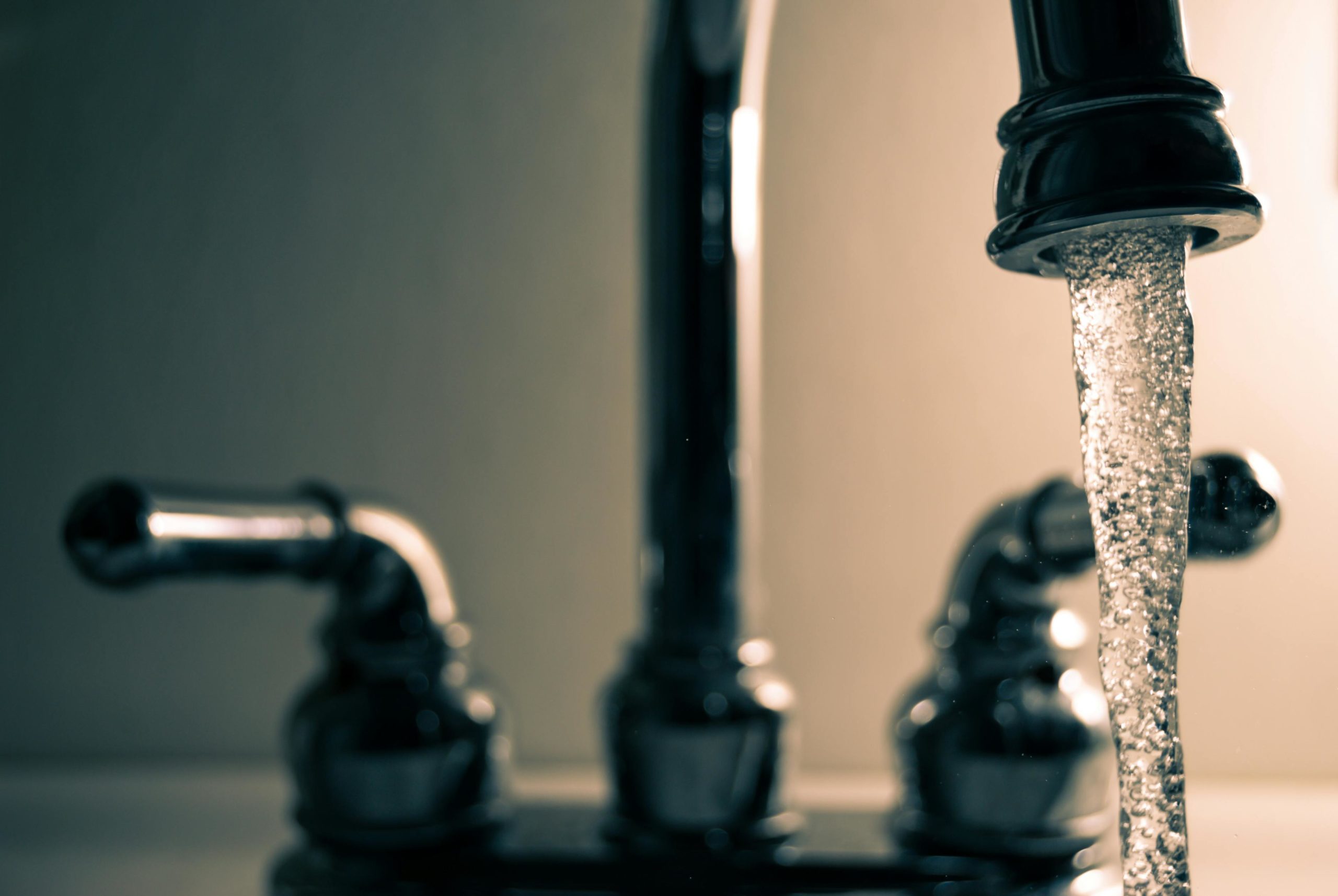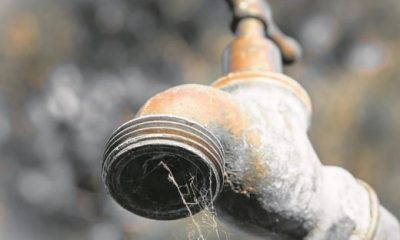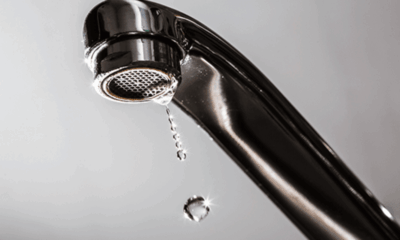News
“We’re Tired and Thirsty”: Pretoria North Water Crisis Sparks Health Fears and Political Tension

Discoloured, fishy-smelling tap water leaves Pretoria North residents boiling with anger
For weeks, the residents of Pretoria North have had to ask themselves a question no South African family should face in 2025: Is our tap water safe to drink?
From Doornpoort to Sinoville, from Magalieskruin to Montana, households have been dealing with a bizarre and deeply worrying situation, smelly, discoloured water flowing from taps, affecting everything from cooking and cleaning to basic hygiene. The water crisis has hit more than a dozen suburbs, and despite municipal reassurances, the frustration is boiling over.
A Daily Struggle, a Public Health Concern
“It’s a health risk,” said Ward 50 councillor Susanna Breytenbach, visibly exasperated. “You can’t allow people to use contaminated water without knowing what’s in it and how serious it is.”
She warned residents to steer clear of the tap water altogether, urging them to buy bottled water or rely on tankers. “What if people start dying or getting stomach bugs?” she asked. “We can’t allow that.”
Many residents say they’ve stopped using the water completely after noticing a fishy odour when boiling it, and a cloudy, yellowish tint in their glasses. Social media has been flooded with photos of grimy sinks and yellow-brown bathwater, with hashtags like #TshwaneWaterCrisis and #MontanaReservoirFail picking up steam.
Mistrust in the Municipality Grows
Ward 96 councillor Gé Breytenbach echoed the community’s frustration, saying he’s been reporting the problem for over two weeks—with no solid answers. “As councillors, we struggle to get answers from the bulk services department,” he said. “It is a political play they are doing in Tshwane.”
There’s growing speculation among residents and some local leaders that the City of Tshwane is downplaying the severity of the issue or worse, deliberately withholding information. The silence, they say, is costing them peace of mind and could endanger public health.
City’s Response: Flushing, Testing, and a Plea for Patience
Municipal spokesperson Selby Bokaba confirmed that an investigation is underway. The issue appears to be linked to the Montana Reservoir, which is supplied by the Roodeplaat Water Treatment Works. The city has begun flushing the reservoir and cleaning it out.
In the meantime, Tshwane has rerouted water from Rand Water’s backup system to affected areas in an attempt to restore safe supply. “The city sincerely apologises for this unforeseen disruption of an essential service,” Bokaba said. “We plead for customer’s patience and understanding during this period.”
But for many residents, those apologies are wearing thin.
Not the First, and Likely Not the Last
Water quality issues aren’t new in Gauteng. Similar complaints have surfaced in parts of Tshwane and Johannesburg over the past year—often chalked up to aging infrastructure, poor maintenance, and political gridlock. The difference now is the sheer scale and duration of the problem.
Pretoria North locals are not just demanding answers, they want accountability. Many are calling for a full audit of the water system and clearer communication going forward. “We pay rates. We expect clean water. Is that too much to ask?” asked one resident in Sinoville, holding up a bottle of murky water to reporters.
A City Under Strain
While the City of Tshwane promises updates and corrective action, residents are left to navigate a very real and very personal crisis, one that’s affecting their health, routines, and trust in local government.
Until taps run clear again, the mood in Pretoria North remains one of simmering anger. As the councillors spar with administrators and water trucks become the new normal, one truth is clear: something stinks in Tshwane and it’s not just the water.
{Source: IOL}
Follow Joburg ETC on Facebook, Twitter , TikTok and Instagram
For more News in Johannesburg, visit joburgetc.com



























